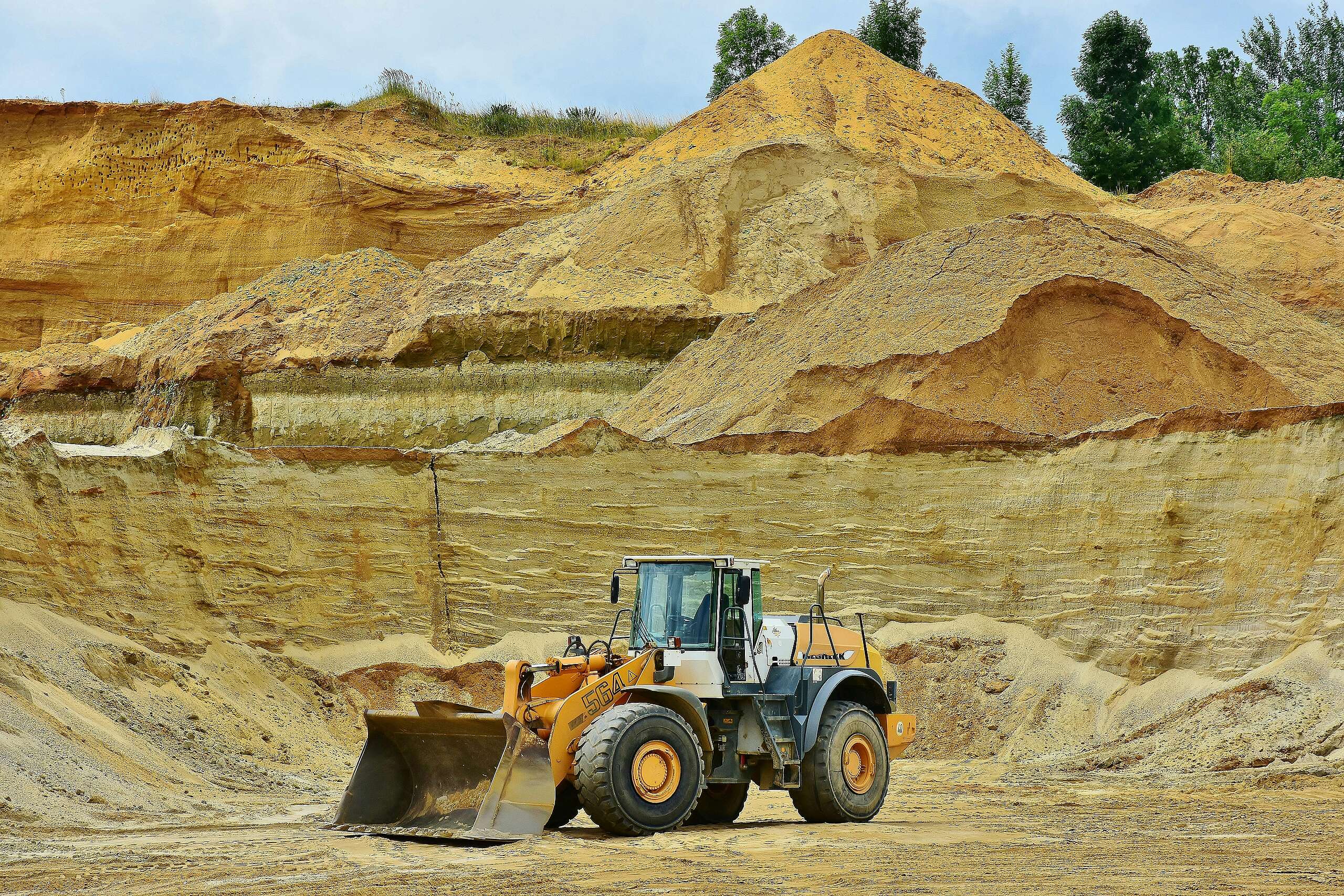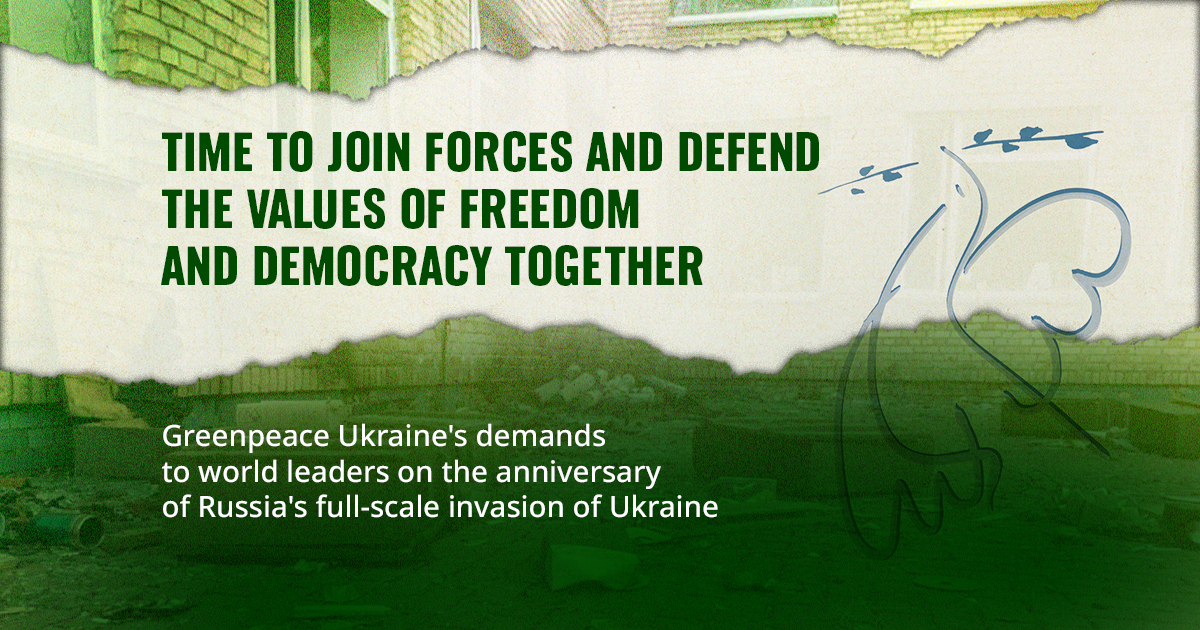Kyiv, Ukraine – [6.06.2024] – On the first anniversary of the destruction of the Kakhovka Hydroelectric Power Plant (HPP), Truth Hounds (TH) and Project Expedite Justice (PEJ) are publishing a comprehensive report on the causes, and aftermath of the dam explosion. The organizations also call on the International Criminal Court to acknowledge the destruction of Kakhovka Dam as an environmental war crime.
The reference – Truth Hounds.
This unique document, “SUBMERGED: Study of the Destruction of the Kakhovka Dam and Its Impacts on Ecosystems, Agrarians, Other Civilians, and International Justice” explores various aspects of the dam’s destruction, including evidence-based findings on the potential war crimes committed in light of the huge damage in huge disproportion with the vague military objectives pursued; legal analyses examining the possibility of holding perpetrators accountable; the consequences on the region’s economy and agricultural resources after the dam’s destruction; the environmental impact on water resources, biodiversity, and soil health; the human cost of the disaster, including loss of life, displacement, and health risks. The report’s findings are crucial for understanding the incident and holding those responsible accountable.
The true scope of the disaster extends far beyond the initial flooding: over 600 square kilometers submerged, displacing thousands across more than 80 settlements. Homes, infrastructure, and agriculture have suffered immense damage,” explains TH Legal Counsel Volodymyr Hryshko. “The environmental consequences are equally concerning. Cultural sites in the region have also suffered. That is why the report comprehensively examines the situation and will delve into the potential classification of the dam’s destruction as a war crime under the Rome Statute. It examines if the potential environmental damage was “excessive” compared to the military advantage expected”.
Background The Kakhovka HPP Dam and Reservoir have played a vital role in southern Ukraine since the 1950s. The dam provided electricity, irrigation for agriculture, and drinking water for many settlements. Additionally, the reservoir supported a rich ecosystem and was a UNESCO World Network of Biosphere Reserves site. The report investigates the destruction of the Kakhovka Dam in Ukraine on June 6, 2023. Its destruction caused widespread flooding and damage both downstream and upstream.
Kakhovka Dam Destruction
The report concludes there is at least a reasonable basis to believe that the explosion was caused by the Russian Armed Forces. Evidence, including seismic data, eyewitness accounts, and satellite imagery, strongly supports the controlled explosion scenario that implicates Russia. The presence of Russian troops, prior dam mining, and strategic water level elevation further corroborate this conclusion. The report attributes the Dam’s immediate destruction to the 205th Separate Motor Rifle Brigade of the Russian Armed Forces. This Brigade did not act alone; the report outlines Russia’s military chain of command and note the near-certain involvement of higher-ranking Russian officials. The destruction of the Kakhovka Dam serves as a stark reminder of the war’s devastating consequences. It is yet another demonstration of the Russian State policy of inflicting intentional harm on civilian infrastructure, with no consideration for the possibly devastating impact on the civilian population and excessive damage to the environment, and no actual consideration for the reality of the military advantages pursued, in clear violation of the principles of international humanitarian law.
Environmental Devastation
The report details the devastating and widespread impact on the environment, including: Water Resources: Decreased groundwater levels, contamination from debris and pollutants, and potential long-term impacts on drinking water supplies. Biodiversity Loss: Loss of aquatic habitats, widespread death of plant and animal life, potential destruction of protected areas, and long-term consequences for the region’s ecosystems. Soil Health: Increased wind erosion, potential salinization of downstream soils, and acute risks to agricultural productivity and human health from soil contamination.
Agricultural Consequences
The destruction of the Kahovka Dam in Ukraine has had a severe impact on agriculture, particularly in the southern regions that rely heavily on irrigation from the dam’s reservoir. The initial flooding inundated and destroyed crops on 5,000 hectares of land, resulting in immediate losses of $5.427 million. The long-term consequences are far more significant, with the disruption of irrigation systems potentially costing $367.9 million annually. The report analyzed historical data on crop yields and irrigation use to estimate future losses.
Energy Security
The power plant played a crucial role in balancing the grid during peak hours, and its loss has significantly reduced Ukraine’s renewable energy generation. In addition, the report includes analysis by Greenpeace CEE which shows the destruction of the Dam and the consequent drainage of the Reservoir have increased safety risks at the Zaporizhzhia Nuclear Power Plant (ZNPP). The safety implications of the destruction of the Kakhovka HPP for the reactors at Zaporizhzhia are profound, and depending on developments at the site, including restart of one or more reactors, is potentially severe.
International Precedent on Environmental War Crime Causing severe environmental damage has a global impact. During the months prior to its actual destruction, the political and military leaders of the Russian Federation had consistently emphasized that the destruction of the dam would lead to catastrophic consequences. They did not hide their clear understanding of the situation and of the huge damages that this destruction would cause. “As observed with other military operations of the Russian armed forces in Ukraine, this destruction was conducted in blatant disregard for the consequences not only on civilians and civilian infrastructure but also on the environment in general,” PEJ Legal and Program Director Pascal Turlan stated, “The massive, strategic importance of the dam and the potentially devastating consequences of its destruction were common knowledge. Yet, the Russian armed forces took the deliberate decision to attack it, without any consideration for the foreseeable disproportionate environmental damage, agreed to let the catastrophe unfold“.
The Authors of the Report have assessed all arguments for qualifying the destruction of the Kahovka Dam as a war crime in light of the excessive damage to the environment caused. By examining this specific case, this research offers a foundation for the International Criminal Court’s first use of Article 8(2)(b)(iv) of the Rome Statute. Significantly, it also contributes to the development of international practices for addressing environmental crimes through existing criminal law. “Overall, this comprehensive report will serve as a crucial resource for understanding the full scope of the Kakhovka Dam destruction by Russian troops and its lasting global impact,” TH Legal Director and PEJ adviser Dmytro Koval remarked.
“The Kakhovka Dam case is a catalyst for revitalizing environmental law. It presents a pivotal opportunity to transform dormant international law norms into active deterrents against environmental crimes. Let’s collaborate to strengthen environmental law’s effectiveness, expanding its scope, enhancing enforcement, and promoting universal adherence.” “In order to prevent further environmental war crimes, including the potential disaster at the Zaporizhzhia nuclear plant, those who already committed those crimes need to be held accountable. Justice for environmental war crimes is needed now,” said Anna von Gall, international lawyer at Greenpeace Germany. “There are grounds for the ICC to undertake a more thorough investigation into the attack on the Kakhovka Dam and treat it as a potential war crime.
Greenpeace commends the investigations of Truth Hounds and Project Expedite in defense of the people and the environment of Ukraine,” said von Gall.
Contributions Truth Hounds — authors contributions & field researchers.
Project Expedite Justice — authors contributions & field researchers, editing.
Greenpeace CEE — research and analysis of impacts on Zaporizhzhia nuclear power plant.
EOS Data Analytics (EOSDA) — satellite imagery analysis and visualization, flooding report.
Independent Experts — impacts on flora and fauna, water resources, agriculture, culture.
Reference Ukrainian non-governmental organization (NGO) Truth Hounds has been documenting and investigating war crimes and human rights abuses in Ukraine and other countries since 2014. Its mission is to find the truth, prosecute those responsible for war crimes, and share expertise in the field of international humanitarian law. Project Expedite Justice is a non-profit organization based in the United States. Its core mission is to bring justice to conflict-affected communities, including those impacted by genocide, war crimes, and crimes against humanity.
Since April 2022, PEJ has worked to ensure accountability for communities affected by the Russian invasion. We document international crimes and harms throughout Ukraine. Our efforts have included providing custom expert- and technical-based support, direct investigative activities, information collection, and preparation of legal analysis packages for judicial stakeholders.



